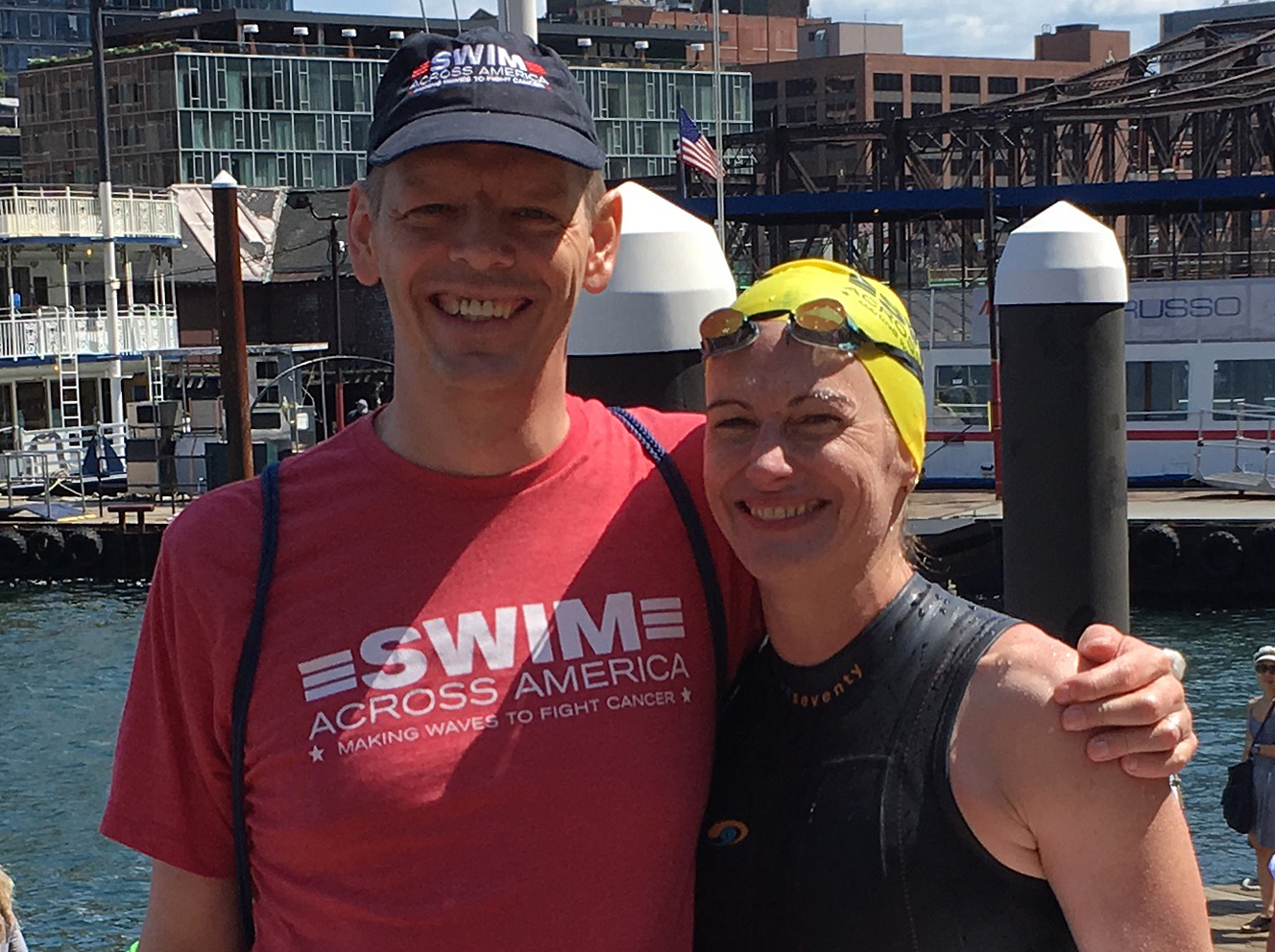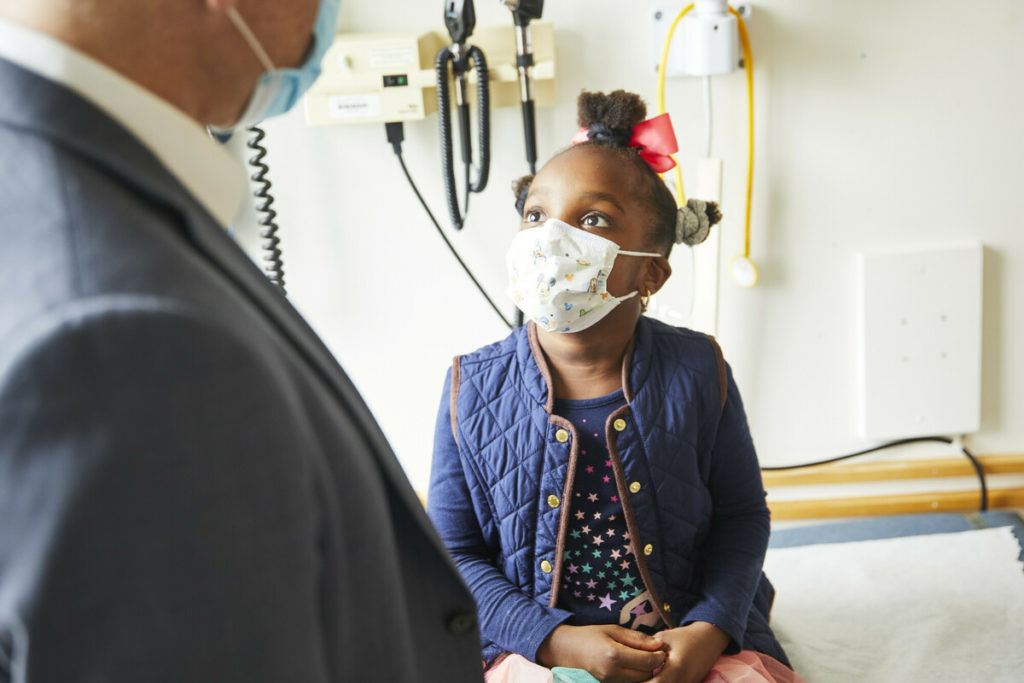Swimming with a purpose behind every stroke is a familiar rhythm for Jessica Stokes. A collegiate swimmer in freestyle and individual medley at Williams College, Jessica swam with her husband Rick Osterberg in their first Swim Across America (SAA) in 2012. As a masters swimmer, Jessica was often seeking local ways to participate in her sport, and SAA’s mission of funding cancer research, clinical trials and patient programs by hosting charity swims spoke to her desire to give back.
The event took on a personal urgency when Rick was diagnosed with Stage 3 colon cancer in 2018. Chemotherapy, radiation and surgery kept the disease at bay for a year; when his cancer returned in 2020, Rick qualified for a more targeted immunotherapy treatment that offered a better quality of life and improved outcomes.
SAA grant funding has played a key role in the FDA approval of several immunotherapy treatments, including the one Rick is receiving at Massachusetts General Hospital. That connection inspired Jessica to serve on the leadership committee for the Boston SAA event and take to the water once again for this year’s swim in Boston’s Pleasure Bay on Aug. 6, which will raise funds for pediatric cancer research at Mass General for Children (MGfC) and Dana-Farber Cancer Institute (DFCI).
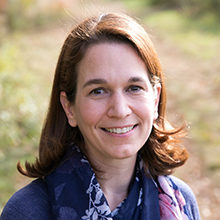
“The community and camaraderie that Swim Across America builds is really special,” Jessica says. “Everybody is there for a purpose that’s bigger than themselves. They’re doing something to try to make a bad thing better. Especially when Rick got sick, it made such a difference to be able to at least feel like I was doing something — if not for him, for others.”
Gathering the Experts
SAA has a unique model, funding early-stage research that hasn’t developed enough to garner grants from organizations like the National Institutes of Health (NIH). “It means we’re able to help promising researchers develop in their careers, and it means we’re involved directly in research that’s changing the way care is delivered,” Jessica says.
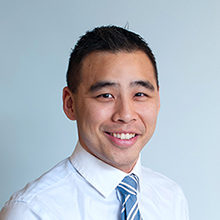
Previous SAA grants have supported the research of two Mass General pediatric cancer specialists: Shannon Stott, PhD, and Bryan Choi, MD, PhD. Dr. Stott’s background as a mechanical engineer has led her laboratory to make major strides in monitoring tumors, and Dr. Choi is at the forefront of engineering immune cells to treat cancer.
A More Precise Way to Detect Cancer
When a pediatric patient faces a cancer recurrence, typical monitoring often involves an MRI, which can pose risks because children undergo general anesthesia for the procedure. But with SAA funding, Dr. Stott developed tiny blood testing machines that detect rare tumor cells circulating in a patient’s bloodstream. The procedure allows for less risky, more frequent monitoring, making it possible to match patients with the right treatment in real time and diagnose recurrences earlier.
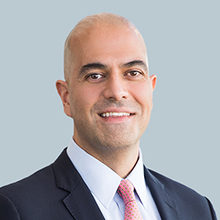
Dr. Stott’s SAA grant served its intention as seed capital to lay the groundwork for future funds: she and her collaborator Brian Nahed, MD, MSC, were able to leverage that early research into a new grant from the V Foundation for Cancer Research, which will sustain her work for the next three years.
The Next Frontier in Treatment
When tumors grow in the brain, they expand into the healthy parts of the organ because there’s nowhere else to go — the brain is encased in solid bone. To challenge these brain tumors, Dr. Choi is focusing on CAR T-cell therapy, which involves changing immune cells called T-cells (a type of white blood cell) in the lab so they can find and destroy cancer cells. SAA funds have helped Dr. Choi advance his idea of modifying a T-cell that could target brain cancer.
“When a lab like ours has an idea and wants to see it through, that’s really where this type of funding comes in,” Dr. Choi says. “We can’t do that without foundations like Swim Across America.”
A Swim to Remember
Jessica hopes to have 200 swimmers in the water in August as the event has a new beach start and finish format that allows for more participants. The swim has several distance options and is open to all abilities and ages, with a kids’ splash for those under 8 years old who want to participate. For researchers like Dr. Stott, the event is moving to witness: “The event is phenomenal. The energy and passion to make a difference, the line of swimmers ready to dive in, the survivors there who share their stories — it’s inspiring to see that all come together.”
To learn more about Swim Across America and the organization’s Boston event, click here.
